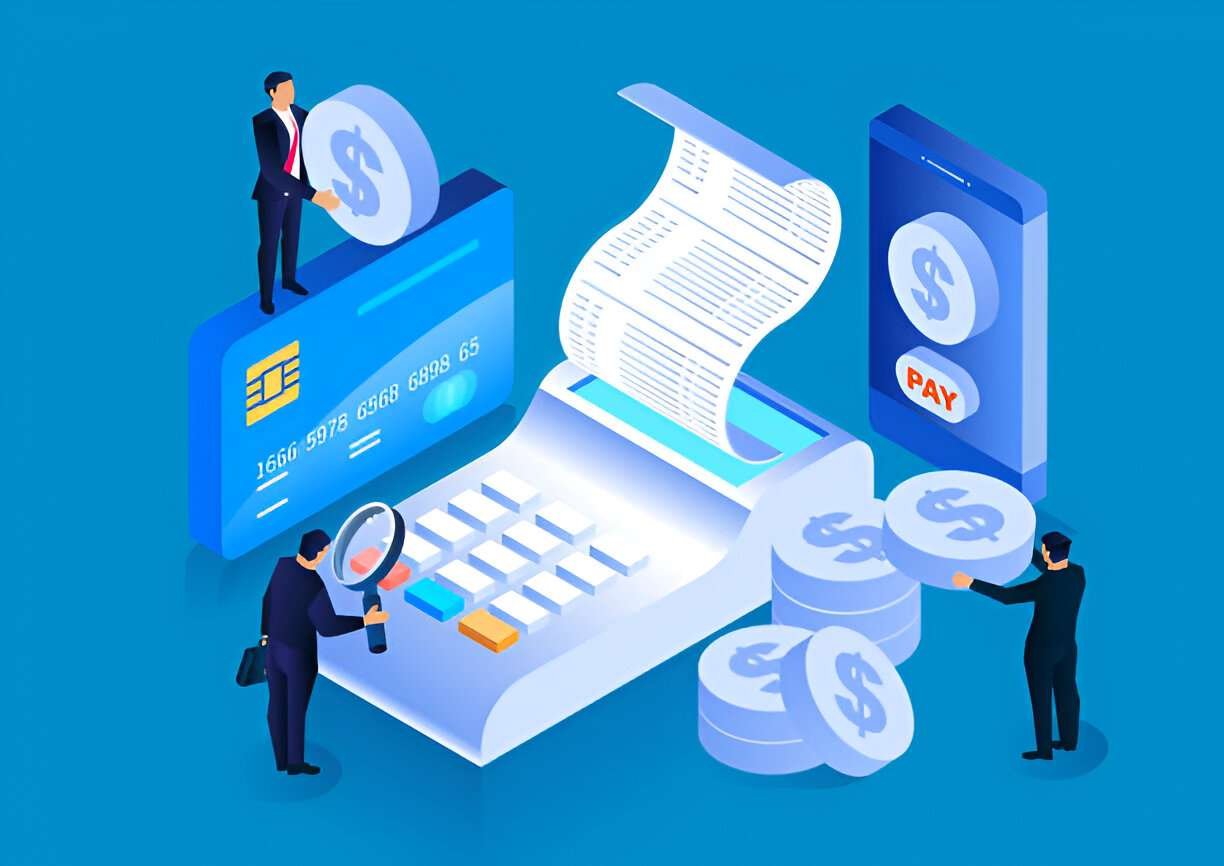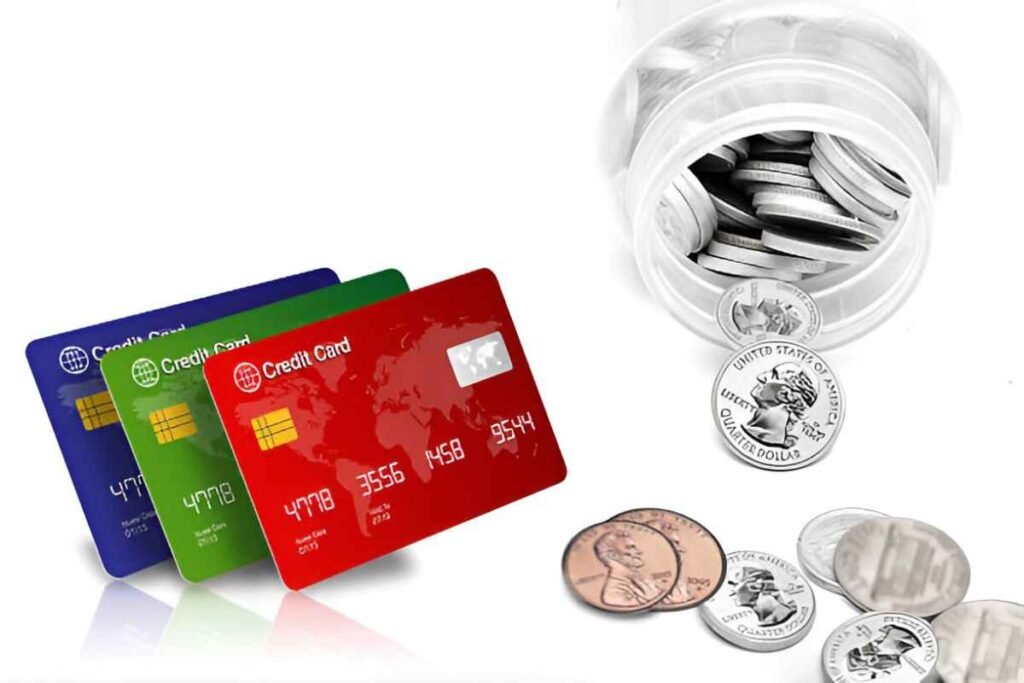When it comes to handling business expenses and payments, understanding the relationship between 1099 forms and credit card payments is essential. As a business owner or freelancer, you may find yourself wondering whether payments made through credit cards require 1099 reporting and how they impact your tax obligations. I will break down the key aspects, provide examples, and offer clarity on this subject.
Table of Contents
What is a 1099 Form?
A 1099 form is an IRS tax document used to report various types of income received outside of regular employment. Businesses issue 1099 forms to independent contractors, freelancers, and service providers who are not classified as employees. The most commonly used form for this purpose is the 1099-NEC (Nonemployee Compensation), which replaced the 1099-MISC for reporting non-employee income.
If you paid an independent contractor $600 or more during the tax year, you are generally required to issue a 1099-NEC. However, there are exceptions and nuances related to credit card payments, which we will explore.
Credit Card Payments and 1099 Reporting
One key distinction in 1099 reporting involves the payment method. The IRS does not require businesses to issue a 1099-NEC for payments made via credit cards or third-party payment processors like PayPal, Stripe, or Square. Instead, these transactions fall under the purview of 1099-K reporting, which is handled by the payment processors themselves.
Why Are Credit Card Payments Excluded?
The rationale behind excluding credit card payments from 1099-NEC reporting lies in the IRS’s desire to prevent duplicate reporting. Payment processors are required to report total transactions through a 1099-K form when certain thresholds are met, ensuring that the income is already captured.
1099-NEC vs. 1099-K Comparison Table
| Aspect | 1099-NEC | 1099-K |
|---|---|---|
| Who Issues It? | Business or individual | Payment processor (e.g., Visa, PayPal) |
| Threshold | $600 or more | $20,000 and 200 transactions (federal) |
| Payment Methods Covered | Cash, check, ACH transfer | Credit cards, PayPal, other electronic payments |
| Reporting Responsibility | Business owner | Payment processor |
| Purpose | Report non-employee income | Report electronic transactions |
Example Scenario
Imagine I hire a freelance graphic designer and pay them $1,500 over the year. If I pay by check, I need to issue a 1099-NEC. However, if I use my business credit card, the payment processor will report the transaction, and I don’t have to file a 1099-NEC.
Impact on Business Expenses and Tax Deductions
Understanding how 1099 rules interact with credit card payments helps me stay compliant while optimizing tax deductions. Whether I pay an independent contractor via credit card or direct bank transfer, the expense is deductible. However, I must maintain clear records and documentation to substantiate business expenses during tax audits.
Maintaining Proper Records
Even though credit card payments do not require 1099-NEC reporting, I should:
- Keep receipts and invoices for all payments
- Reconcile credit card statements with business transactions
- Ensure that contractors are classified correctly
Example of Expense Tracking
| Payment Date | Vendor | Amount | Payment Method | 1099 Required? |
|---|---|---|---|---|
| 01/15/2024 | John Smith Design | $750 | Check | Yes |
| 02/10/2024 | Creative Agency | $1,200 | Credit Card | No |
| 03/05/2024 | Freelancer Hub | $500 | PayPal | No |
Potential Pitfalls to Avoid
Failing to understand the distinction between different payment methods and reporting obligations can lead to penalties or audits. Some common mistakes include:
- Incorrectly Issuing 1099-NEC Forms – Issuing a 1099-NEC for credit card payments creates unnecessary duplication.
- Ignoring Threshold Requirements – Payment processors only issue a 1099-K if the vendor meets the federal or state threshold.
- Misclassifying Workers – If I misclassify an employee as an independent contractor, I could face compliance issues.
State-Specific Considerations
While federal law establishes broad guidelines, some states have stricter reporting requirements. For example, states like Massachusetts and Vermont require 1099-K reporting at lower thresholds than the federal standard. It’s essential to review state tax regulations to ensure compliance.
Conclusion
Understanding the interaction between 1099 forms and credit card payments allows me to manage business finances effectively and avoid compliance pitfalls. By recognizing that credit card payments are reported through 1099-K by payment processors, I can focus on issuing 1099-NEC only when necessary. Keeping thorough records and staying informed about tax laws ensures smooth operations and minimizes potential risks.





